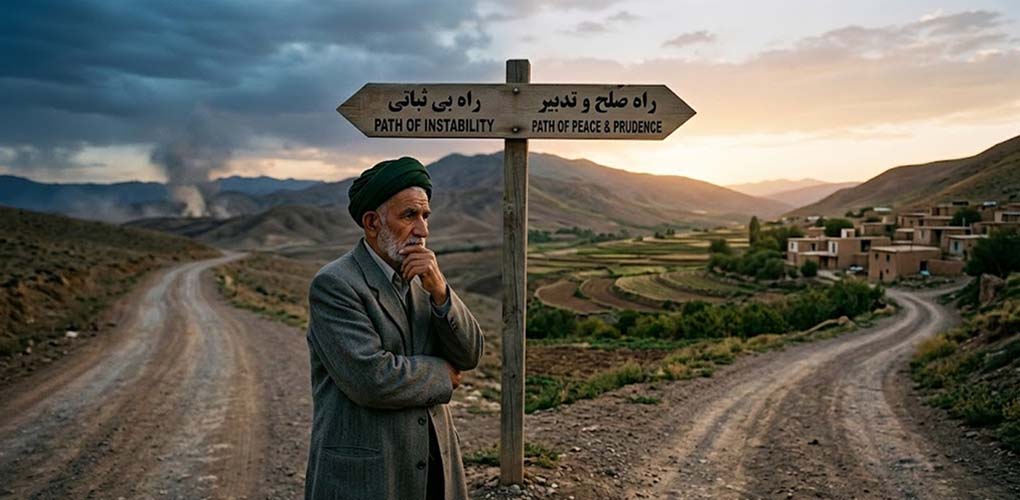 Najmuddin A Farooqi.
Najmuddin A Farooqi.
New Delhi, Nov. 6, 2025 : In an era of fast-moving information, discerning fact from fiction has become one of the greatest civic challenges. The modern citizen is constantly surrounded by an overflow of digital content some factual, much of it distorted. While many credible news organizations continue to provide balanced reporting, the rapid growth of under resourced or poorly regulated platforms has blurred the boundaries between truth, opinion and rumor.
A striking example is how a seemingly minor, localized incident can quickly spiral into national controversy through social media. In many cases, incomplete or misrepresented information spreads faster than verified facts. Often, by the time corrections emerge, the original misinformation has already shaped public perception. This highlights the urgent need for responsible journalism, media literacy and effective regulation that ensures accountability across both traditional and digital media spaces.
Public movements and protests, too, have increasingly found their momentum and sometimes their mis-direction through social media networks. Digital platforms are invaluable tools for mobilization and awareness, yet they can also amplify unverified claims and emotional narratives. Many public demonstrations in recent years have shown the power of collective voice but have also revealed how quickly misinformation or manipulation can transform legitimate concerns into widespread unrest.
The right to protest remains a cornerstone of any democracy. It allows citizens to express dissent, demand accountability and safeguard constitutional values. However, exercising this right responsibly is equally important. Protests grounded in misunderstanding or misinformation risk not only failing in their purpose but also causing unintended social and economic harm. When demonstrations disrupt daily life for extended periods or are driven by unclear or misinformed objectives, they can weaken public sympathy and divide communities..
The lessons from past civic actions are clear: resilience and wisdom must go hand in hand. To “defeat illusions” is to see through half-truths, to question emotionally charged narratives and to rely on verified information before forming opinions or taking collective action. It also means recognizing that dialogue and understanding are more effective tools for progress than confrontation or polarization.
Building resilience in society today requires a combination of informed citizenship, ethical journalism and empathetic leadership. Citizens must cultivate critical thinking, verify sources before sharing information and engage in respectful debate. Media institutions must prioritize accuracy and integrity over sensationalism. Governments, on their part, should foster transparent communication and create mechanisms that protect both freedom of expression and public order.
Ultimately, resilience is not merely about enduring challenges it is about facing them with clarity, responsibility and a commitment to truth. In times of uncertainty, societies that value fact over fiction and cooperation over conflict are best equipped to move forward. The future depends not only on the strength of our convictions but also on our ability to see beyond illusions and meet every challenge with informed resolve.



